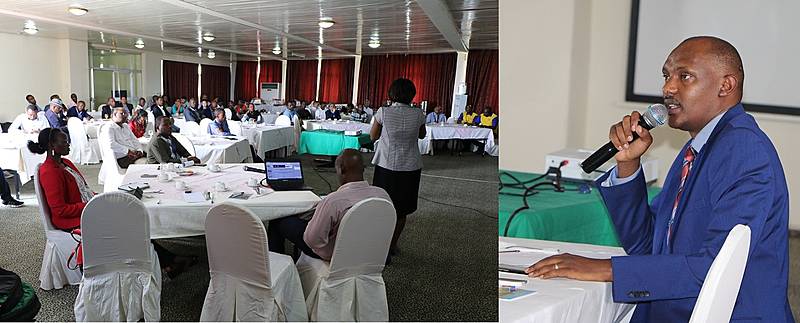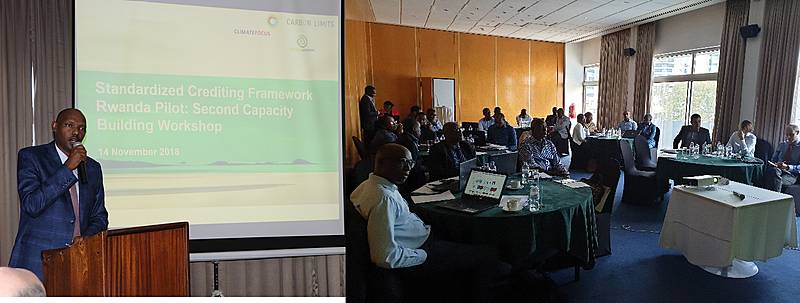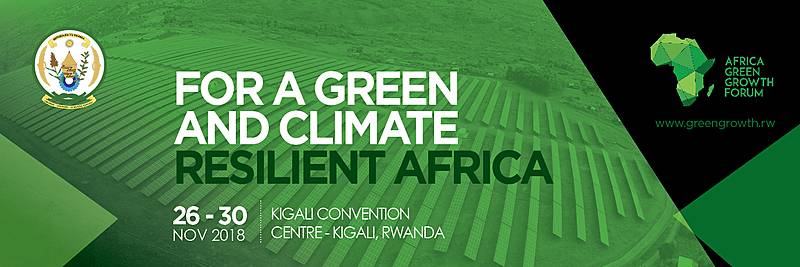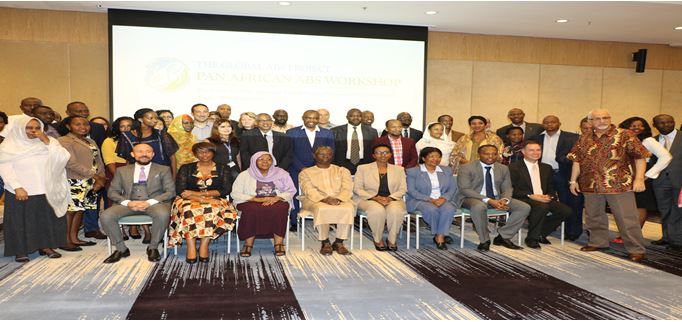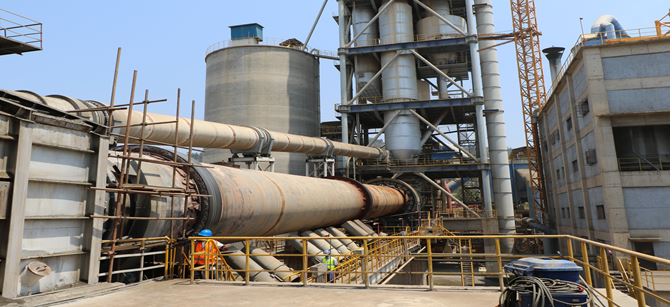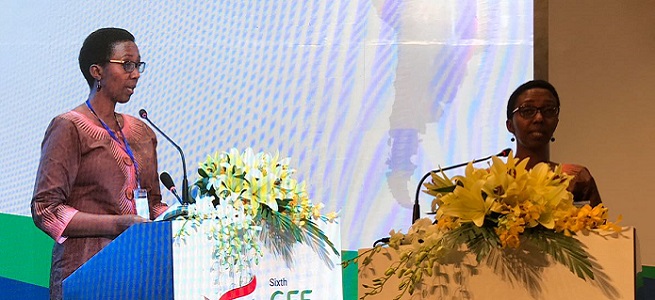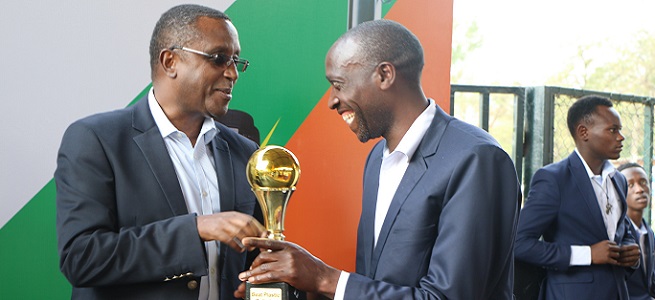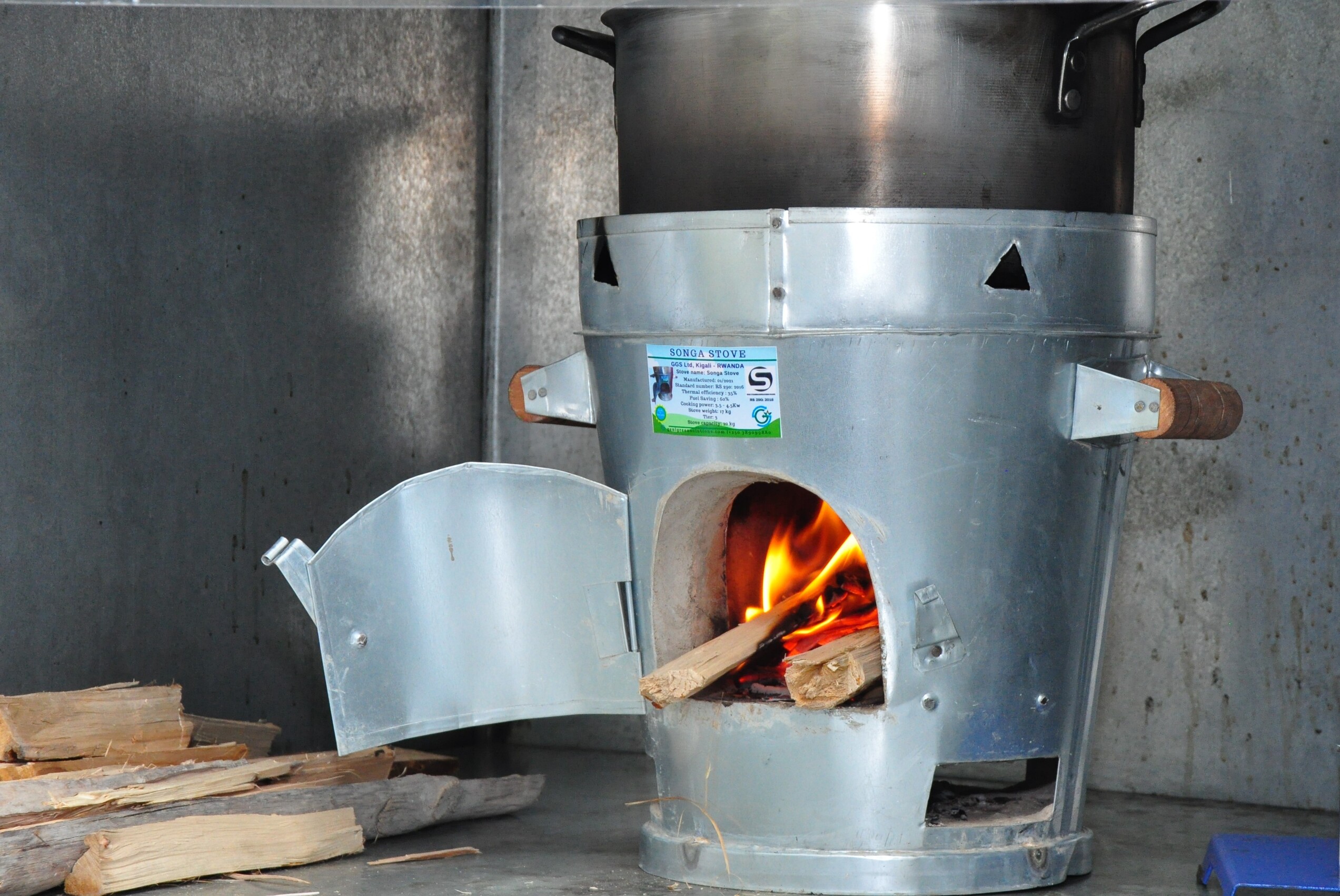
LDCF3 Project’s Improved Cookstoves: A Dual Solution for Climate Change and Human Health
In a ground-breaking move towards sustainable living, the Rwanda Environment Management Authority (REMA) is making significant strides in the fight against climate change while simultaneously improving human health. The distribution of improved cookstoves through the Ecosystem/Landscape Approach to Climate Proof the Rural Settlement Programme of Rwanda, also known as LDCF3 Project is proving to be a pivotal initiative with far-reaching benefits for both the environment and local communities.
Climate change and its associated impacts have posed a growing threat to communities worldwide, and Rwanda is no exception. One of the key contributors to environmental degradation has been the traditional cooking methods involving open fires and inefficient stoves.
The LDCF3 Project – being implemented by REMA in partnership with Rwanda Housing Authority, Meteo Rwanda and the Districts of Gakenke and Kirehe with support from the Global Environment Facility (GEF) through the United Nations Development Programme (UNDP) – seeks to address this challenge by providing households with technologically advanced cookstoves designed to reduce environmental impact.
The improved cookstoves distributed by REMA are equipped with enhanced combustion technology that significantly reduces the emission of greenhouse gases and pollutants.
"Receiving the improved cookstove through the LDCF3 Project has been a game-changer for our family. Not only does it cook our meals faster and with less fuel, but it has transformed the air we breathe. My children and I no longer inhale harmful smoke daily, and I feel a sense of relief knowing that our health is no longer compromised. Thanks to REMA and the LDCF3 Project for this positive change in our lives!" said Claudine Mukamisha, a resident in Kirehe District.
By promoting cleaner burning, these stoves contribute to a substantial decrease in carbon emissions, mitigating the adverse effects of climate change. The reduction in the demand for firewood or charcoal, a consequence of the improved efficiency of these stoves, also plays a critical role in curbing deforestation and preserving precious ecosystems.
"The improved cookstove provided by the LDCF3 Project is a beacon of hope for our environment. Before, we relied heavily on firewood for cooking, contributing to deforestation. Now, with the efficient design of the new stove, we use significantly less wood, easing the pressure on our local forests. It's not just a kitchen appliance; it's a solution that helps us cook sustainably and protects the trees that are vital for our community and the planet" said Liliane Nyiramana, a resident in Gakenke District.
In the beginning, 5,000 improved cookstoves (2,500 in Gakenke and the other 2,500 in Kirehe Districts) were distributed to 5,000 families.
The LDCF3 Project Manager, Charles Sindayigaya noted that beyond the environmental benefits, the positive impact on human health is becoming increasingly apparent.
“Traditional cooking methods often release harmful pollutants into the air, contributing to respiratory diseases and indoor air pollution. The introduction of cleaner-burning cookstoves is a game-changer, creating healthier living environments for countless households” Sindayigaya said.
Improved indoor air quality is a direct result of the reduced emissions from these cookstoves. Families that once faced health hazards due to prolonged exposure to smoke and pollutants are now experiencing a welcome change. Respiratory issues, especially among women and children who are often the primary cooks in households, are expected to decrease, leading to an overall improvement in public health.
Local communities are commending REMA for its foresight and commitment to addressing both environmental and health challenges simultaneously. The improved cookstoves distributed under the LDCF3 Project exemplify how targeted interventions can bring about tangible and positive change in the lives of people and the ecosystems they inhabit.
Topics
More posts
Rwanda hosts the Global Environment Facility (GEF) Eastern Africa Constituency Meeting
Kigali, 22 November, 2018, Following the 6th GEF Assembly and 54th Council Meeting held in Danang, Vietnam in June 2018, the GEF focal points of the…
Top managers of industries in Prime Economic zone and Special Economic zone were briefed on new law on Environment
Kigali, 16 November, 2018 - In view of elaborating the new law on environment, LAW N°48/2018 OF 13/08/2018 LAW ON ENVIRONMENT, Rwanda Environment…
Rwanda pilots the second phase of Standardized Crediting Framework concept
Kigali, 15 November, 2018- From 14 to 15 November, 2018, REMA and the World Bank Carbon Initiative for Development (Ci-Dev) hosted a workshop to…
Rwanda to host inaugural Africa Green Growth Forum
Rwanda will host the first ever Africa Green Growth Forum, gathering more than 1,000 investors, policy makers and financial specialists from across…
Rwanda hosts Pan African Workshop on Access and Benefit Sharing of Genetic Resources
Rwanda from 28–30 August 2018 hosts a Pan African Workshop on Access and Benefit Sharing of Genetic Resources (ABS). The workshop brings together…
Rwanda incinerates harmful oils used in transformers
The Government of Rwanda through the Rwanda Environment Management Authority (REMA) started the incineration of Polychlorinated Biphenyls (PCBs) oil -…
Rwanda statement at the 6th GEF Assembly in Da Nang, Viet Nam
STATEMENT BY HEAD OF DELEGATION FROM RWANDA - COLETHA U. RUHAMYA - DIRECTOR GENERAL OF RWANDA ENVIRONMENT MANAGEMENT AUTHORITY (REMA) AT THE 6TH…
World Environment Day: winners of environmental school competitions awarded
Rwanda Environment Management Authority (REMA) has awarded winners of this year’s environmental school competitions organized in the build up to the…
Umunsi Mpuzamahanga w’Ibidukikije: Igihe kirageze ngo tuzirikane ububi bwa plastiki mu mibereho yacu
Kuri uyu wa 05 Kamena, u Rwanda rwifatanyije n’isi yose mu kwizihiza Umunsi Mpuzamahanga w’Ibidukikije, uyu ukaba ari umwanya wo kuganira ku bibazo…

